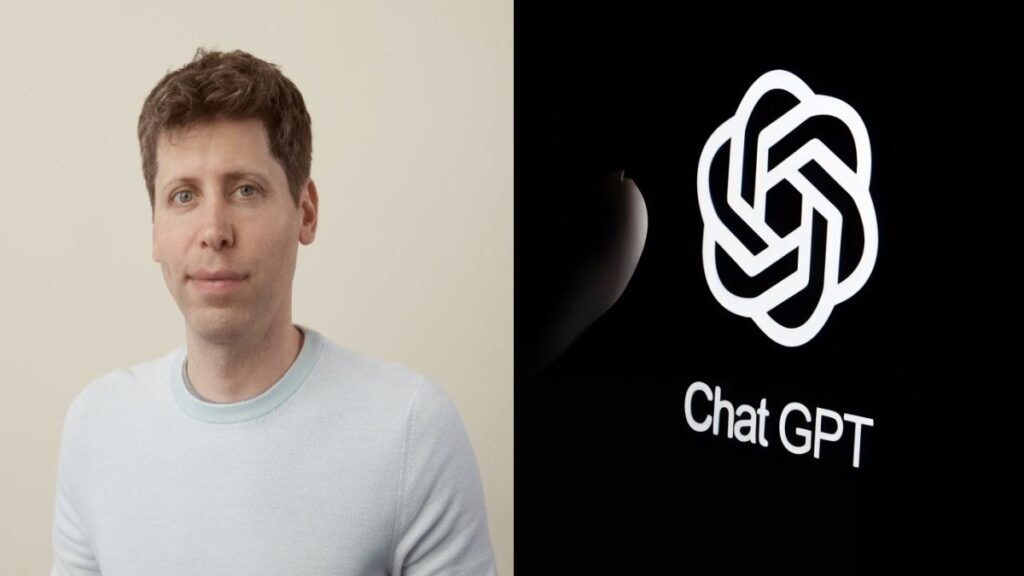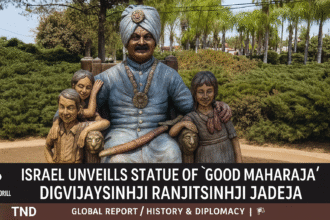
San Francisco, July 2025 — In a revealing statement that has sparked privacy debates, OpenAI CEO Sam Altman has cautioned that conversations shared with ChatGPT could potentially be used as legal evidence in courts. The disclosure has raised important questions about data privacy, AI usage, and the legal ramifications of digital conversations with artificial intelligence tools. ChatGPT legal evidence may be used in court if authority demands.
Altman’s remarks were made during a recent tech policy conference where he addressed the intersection of AI adoption and user privacy. “People tell ChatGPT deeply personal things,” Altman noted, adding, “Most don’t realize those conversations, if subpoenaed, can become part of a legal case.”
The comments have reignited concerns over the legal treatment of AI-generated data and whether users are sufficiently informed about how their data may be stored or used.
What Does This Mean for Users?
ChatGPT, one of the world’s most widely used conversational AI platforms, processes billions of queries monthly. These interactions range from casual queries to deeply personal, sensitive, or even incriminating discussions.
Legal experts point out that under current laws, if a court issues a subpoena, OpenAI could be compelled to produce user logs, especially if those logs are not encrypted end to end or have been retained for model improvement purposes.
ChatGPT legal evidence is no longer just a theoretical concept it’s a real legal concern.
ChatGPT Legal Evidence: What Makes It Admissible in Court?
Legal professionals say the admissibility of ChatGPT legal evidence depends on jurisdiction, the nature of the case, and how the data was collected. In civil and criminal trials, any communication that can prove intent, motive, or identity can become part of courtroom proceedings.
“If a user, for instance, confesses to fraud or discusses illegal activity with ChatGPT, and that conversation is retrieved through lawful means, it could be entered as evidence,” explains Ananya Mehta, a Delhi based digital law specialist.
According to Mehta, digital footprints including AI interactions are becoming more relevant in cybercrime, divorce, corporate misconduct, and defamation cases.
What Is OpenAI’s Stance on Data Usage?
OpenAI maintains that user privacy is a priority. However, by default, ChatGPT may store conversations for training and quality assurance unless users opt out via settings.
In its privacy policy, OpenAI acknowledges that certain user data may be accessible for debugging or improvement. Although OpenAI claims that data is anonymized, the possibility of identifying information being retrieved remains.
Moreover, the company complies with all valid legal requests for information, including subpoenas and court orders. That’s where the keyword “ChatGPT legal evidence” becomes a matter of legal precedent.
What Should Users Be Aware Of?
Experts recommend users take the following precautions:
- Avoid sharing personally identifiable information in chats.
- Be cautious about discussing financial, medical, or legal matters with AI tools.
- Turn off chat history if you want maximum control over data.
- Read the platform’s terms and privacy policies thoroughly.
As AI tools become further integrated into daily life, understanding their implications including their potential to produce ChatGPT legal evidence becomes essential.
Privacy vs Progress: A Growing Dilemma
Altman’s comments tap into a broader debate about AI ethics, legal surveillance, and the balance between innovation and accountability. Critics argue that tech companies should be more transparent about the extent to which user data is retained and used.
“Most users wrongly assume that conversations with AI are private,” says Rajiv Kumar, a cyber law researcher. “But they’re not protected like communication with a lawyer or doctor. This gives rise to a dangerous grey area in terms of legal evidence and data rights.”
Conclusion
As ChatGPT continues to be integrated into education, healthcare, personal counseling, and business, the possibility of its use in legal proceedings is growing. Sam Altman’s warning underscores the urgent need for public awareness and updated digital laws.
The core message is simple: Your AI chat may not be as private as you think. And yes it might just end up as ChatGPT legal evidence in court.
Stay Connected with The News Drill for more updates on AI privacy, legal policies, and digital ethics, follow The News Drill.
Tip us: editor@thenewsdrill.com
Contact us: contact@thenewsdrill.com
FAQs
Q1: Can ChatGPT conversations be used as legal evidence?
Yes, if law enforcement or courts issue a subpoena, ChatGPT conversations could be used as evidence in legal proceedings depending on jurisdiction.
Q2: Does OpenAI store ChatGPT conversations?
OpenAI may retain chat history for training and debugging unless users disable chat history from settings.
Q3: How can I protect my privacy on ChatGPT?
Avoid sharing personal, legal, or sensitive information. Disable chat history and read the platform’s privacy settings thoroughly.







